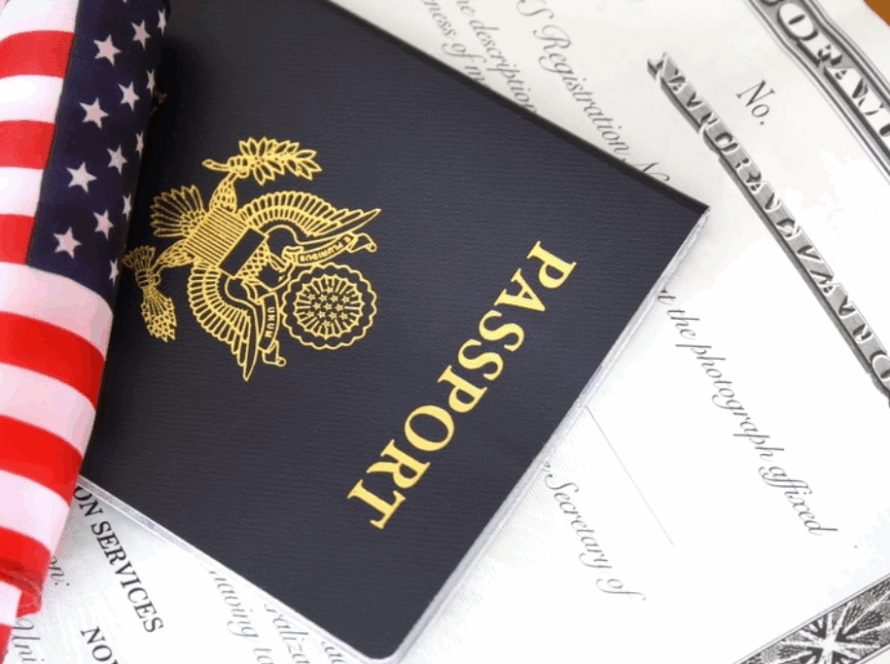Introduction
The United States immigration system is complex and intimidating, especially when it involves detention by U.S. Immigration and Customs Enforcement (ICE). For thousands of individuals each year, many of them long-time U.S. residents, being detained by ICE is a frightening and confusing experience.
Families are separated, employment is disrupted, and the future becomes uncertain. Understanding the detention process, how immigration bonds work, and the legal avenues available can make a significant difference in securing release and protecting your rights.
ICE detains individuals who are suspected of being in the country without lawful immigration status or who have violated the conditions of their immigration status. Once detained, individuals are taken to detention centers where they may remain unless a bond is granted. Immigration bond is essentially a form of security deposit paid to ensure that the detainee returns for all immigration court proceedings.
But not everyone qualifies for bond, and the decision largely depends on an individual’s risk of flight and any criminal background. This is where consulting with the best immigration lawyer becomes essential.
Whether you’re applying for release, pursuing asylum, or trying to avoid deportation, an experienced legal professional can make all the difference.
This article will guide you through the ICE detention process, eligibility for bond, how to request a bond hearing, legal strategies that work, and how a best deportation defense attorney or asylum immigration lawyer can help during this difficult time.
1. What is ICE Detention?
ICE detention is the process of holding non-citizens in custody while they undergo immigration proceedings. ICE can detain people who:
- Entered the U.S. without proper documentation
- Overstayed a visa
- Committed certain crimes
- Have existing removal or deportation orders
Detention can happen suddenly, often during workplace raids, traffic stops, or court appearances. Once detained, individuals may be transferred to an ICE facility, sometimes far from home or family, which adds another layer of stress for loved ones trying to assist.
This is where having access to a family immigration lawyer is crucial. They can quickly locate where a loved one is being held, initiate legal procedures, and communicate with ICE on the detainee’s behalf.
2. What is an Immigration Bond?
An immigration bond is a financial deposit paid to the U.S. government to secure the release of a person detained by ICE. It ensures the individual will appear at all scheduled immigration hearings and comply with court orders.
There are two main types:
- Delivery Bond: Allows the detainee to be released while awaiting their court date.
- Voluntary Departure Bond: Paid when the individual agrees to leave the country voluntarily.
The minimum bond amount is $1,500, but it can go much higher based on the judge’s evaluation. If the individual fails to appear in court, the bond is forfeited. If they follow all rules and attend hearings, the bond is refunded after the case concludes.
A qualified immigration lawyer consultation can help determine whether a delivery or voluntary departure bond is appropriate for your situation.
3. Who Qualifies for a Bond?
Not everyone detained by ICE is eligible for release on bond. Eligibility is decided based on several factors, such as:
- Criminal history: Serious or multiple convictions may disqualify you.
- Risk of flight: If there’s a concern that the individual won’t attend court.
- Threat to public safety or national security
- Previous deportation orders
Some people are subject to mandatory detention and are not eligible for bond at all. In such cases, a waiver of inadmissibility lawyer can assess if other legal relief is available. If there are any humanitarian concerns or medical needs, a family immigration lawyer may help present them during a bond hearing.
4. Requesting a Bond Hearing
If ICE refuses to set a bond or sets one that is unreasonably high, you can request a bond hearing before an immigration judge. This is a critical legal step where having the best immigration lawyer by your side is often the deciding factor.
How to request a hearing:
- File a written motion with the immigration court
- Submit supporting documents like proof of U.S. residence, family ties, and employment
- Provide evidence of a clean or minor criminal record
A good legal team—perhaps including an employment based immigration lawyer if your job is a factor—can present a compelling case to the judge. Judges have discretion, so strong documentation and testimony are essential.
5. What Happens During a Bond Hearing?
Bond hearings are separate from deportation hearings. The purpose is to assess whether the detainee should be released and at what cost. At this stage:
- The judge will ask ICE’s attorney to state reasons for detention.
- The detainee (or their lawyer) must prove they are not a flight risk or a danger to the community.
- Supporting documents and witness testimony may be submitted.
This is when having a best deportation defense attorney becomes critical. These hearings can be brief, and without adequate preparation, the chance to get released could be missed.
If bond is granted, the judge sets the amount. If denied, the decision can sometimes be appealed.
6. How to Pay the Bond
Once bond is granted, someone (a sponsor) must pay the full amount at a local ICE office. Payment must be made via cashier’s check or certified funds—cash and personal checks are not accepted.
There are also licensed bond companies that can pay the bond on your behalf for a fee. However, they often require collateral and charge interest.
Once paid, the release usually occurs within 24–48 hours.
7. Alternatives to Detention
If a bond isn’t granted or is too high, there may be Alternatives to Detention (ATD). These programs allow detainees to live at home under supervision.
Examples include:
- Electronic monitoring (ankle bracelets)
- Telephonic check-ins
- In-person ICE visits
These programs are less expensive and more humane than detention. A consular processing lawyer or family immigration lawyer can help petition ICE for enrollment in ATD, particularly when young children or sick family members are involved.
8. What Happens After Release?
Once released, you are not done with the immigration system. The following obligations apply:
- Attend every immigration court hearing
- Comply with any conditions of release
- Notify the court of address changes
- Continue working with an attorney on long-term relief (asylum, adjustment of status, etc.)
Some detainees apply for citizenship down the line. At that point, a skilled immigration lawyer citizenship specialist can guide them through the naturalization process, especially if there are prior arrests or complex travel histories.
9. Legal Representation is Essential
ICE and immigration courts are complicated, with high stakes. Representation by a seasoned attorney is not only helpful—it often determines the outcome.
You may need:
- The best immigration lawyer for strategy and appeals
- A family immigration lawyer to address the impact on spouses or children
- A waiver of inadmissibility lawyer if prior issues are affecting bond eligibility
- An asylum immigration lawyer if your situation involves persecution in your home country
Even if you’re pursuing employment-based immigration, getting advice from an employment based immigration lawyer is essential if ICE detention puts your job or visa at risk.
Legal consultations are often the first step. Many law firms offer an immigration lawyer consultation to assess your eligibility and start building a defense.
Conclusion
Facing ICE detention is a traumatic experience, but it’s not the end of the road. With the right knowledge, preparation, and legal support, many individuals are released on bond and continue fighting their immigration cases outside of custody. Knowing your rights, understanding how a bond works, and securing expert legal counsel can turn a desperate situation into a hopeful one.
Whether you’re concerned about an arrest, seeking a bond hearing, or needing help with broader immigration issues, a knowledgeable attorney, such as the best deportation defense attorney, can guide you every step of the way.
FAQs
1. How long does ICE detention last?
It varies. Some individuals are released in days, while others remain detained for weeks or months, depending on bond eligibility and court schedules.
2. Can I get a bond refund?
Yes, if all court appearances are met and the case concludes, the full bond is refunded to the person who paid it.
3. Is legal representation required for a bond hearing?
It’s not required but highly recommended. An experienced immigration lawyer consultation can dramatically improve your chances.
4. What happens if bond is denied?
You can appeal the decision or explore alternatives like supervised release through ATD.
5. Can my family visit me while I’m in ICE detention?
Yes, but visits must be scheduled and follow facility rules. A family immigration lawyer can help coordinate and maintain family contact.


